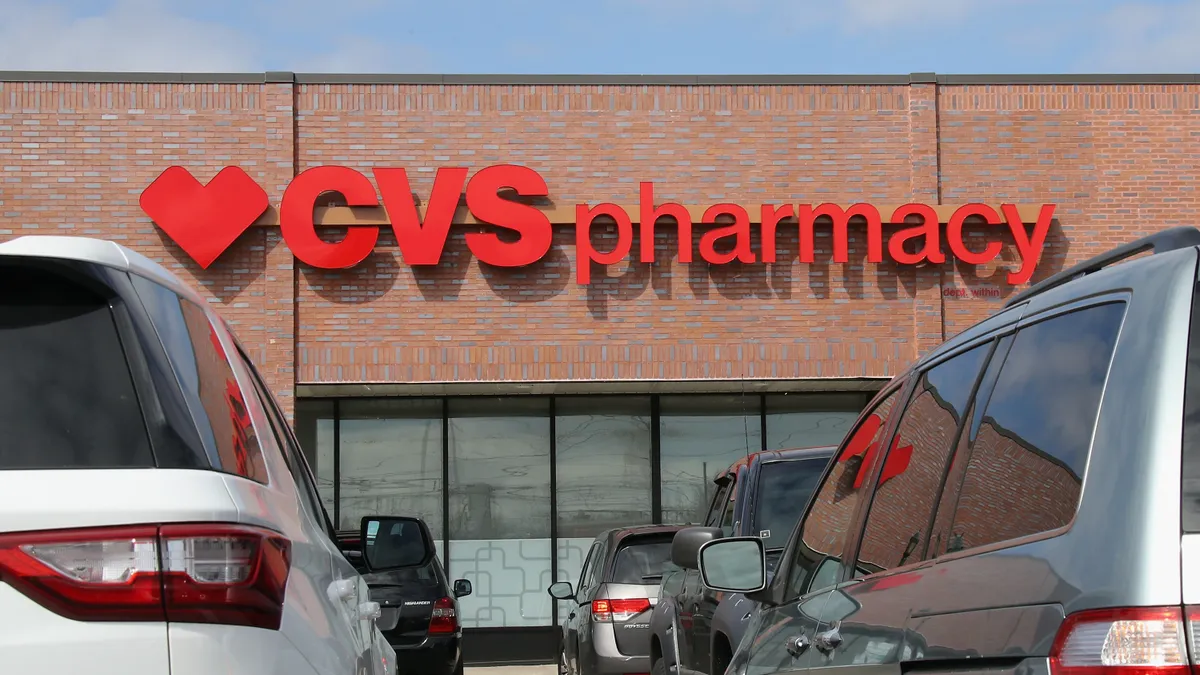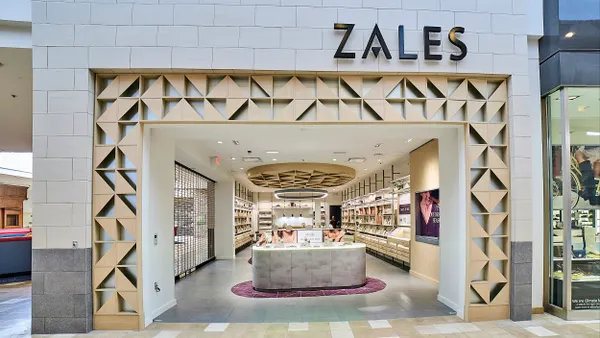Dive Brief:
- CVS Health announced Monday that it will offer its 70 million ExtraCare Rewards members the option to select paperless receipts at checkout starting early June.
- CVS, the nation’s second largest drugstore chain, said that shoppers will be given the opportunity to opt out of receiving paper receipts for all in-store purchases completed at the front of the store. Once the opt-out process is completed, customers will receive digital copies of all receipts, coupons and rewards each time they shop at CVS.
- Digital receipts will eventually be available across all 7,900 CVS retail locations, the retailer added.
Dive Insight:
Credit for the CVS paperless receipt initiative goes to… Jimmy Kimmel?! The ABC late-night host, currently running a mock campaign for vice president, has for years poked fun at the absurd length of CVS’s printed receipts, cracking, “I don’t know about you, but I want to live in an America in which the receipt you get for buying one roll of toilet paper is shorter than the actual roll of toilet paper.”
When CVS President Helena Foulkes appeared on Friday’s “Jimmy Kimmel Live” to announce the switch to digital receipts, she jokingly credited Kimmel as the catalyst behind the move, stating “Thanks to you, Jimmy, we knew that our customers were very concerned about the length of our receipts.”
All jokes aside, the new CVS policy isn’t just a good PR move. It also makes strong environmental sense. According to data published by digital payments platform Square, paper receipts account for 1.5 billion pounds of waste each year.
CVS Health recently surpassed expectations for first-quarter revenues but missed expectations for its second quarter adjusted earnings forecast. CVS earned $1.18 per share, beating the analyst average from Thomson Reuters for $1.16 per share. Net revenue increased 19% to $43.22 billion, edging past analysts' estimates of $43 billion.
CVS’s same-store sales rose 4.2% in Q1, buoyed by a front-of-store sales increase of 0.7%. Front-of-store sales had been falling for years, exacerbated by the retailer’s 2014 move to end tobacco sales.












